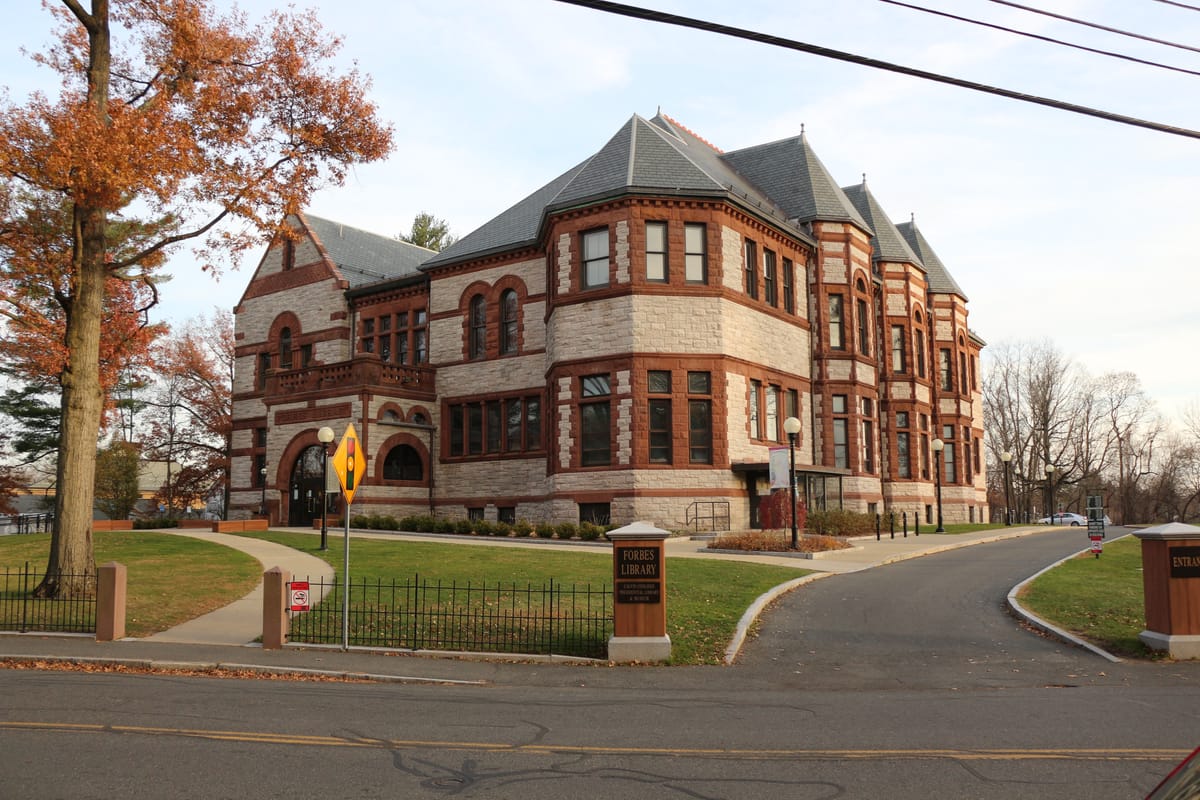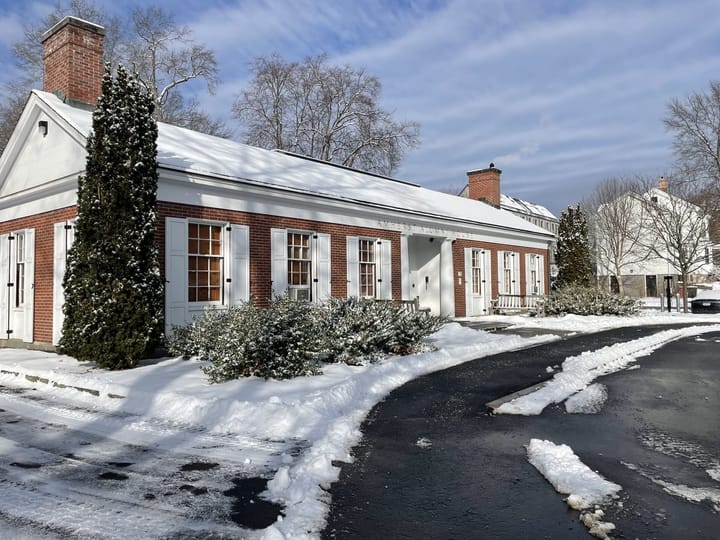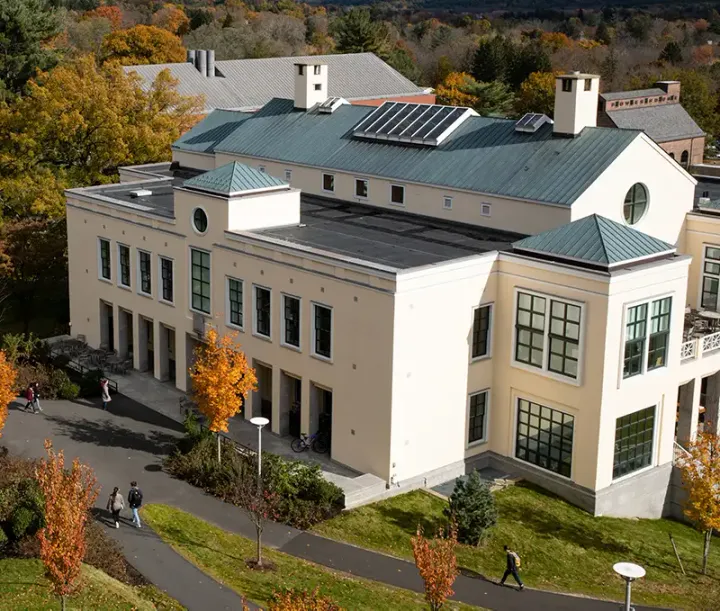Local Libraries Facing Funding Cuts After Executive Order
President Donald Trump signed an executive order on March 14, targeting federal funding to libraries and museums through the Institute of Museum and Library Services (IMLS). Local libraries are feeling the effects of the order, including Forbes Library of Northampton, which lost a $7,500 grant.

In the wake of a March 14 executive order signed by President Donald Trump targeting federal funding to libraries and museums through the Institute of Museum and Library Services (IMLS), local libraries are beginning to face cuts. The order was part of a larger Trump administration effort to reduce the federal government workforce and other expenditures it deems “unnecessary.”
The March order states that the grants to IMLS and other government entities listed will be “eliminated to the maximum extent consistent with applicable law.” IMLS funding is the largest source of federal funding for libraries, with the Massachusetts Board of Library Commissioners (MBLC) receiving $3.6 million from the IMLS Grants to States Program.
Forbes Library of Northampton has lost its $7,500 preservation assessment grant for its special collections due to IMLS cuts, according to Director Lisa Downing.
According to the Forbes Library website, the cuts will fall on programs such as digital databases and e-books. Losing access to these resources could lead to a decrease in available books and longer waiting times at various locations.
Downing expressed concern that if the IMLS cuts remain, then the “regional and statewide services our patrons rely on will experience financial strain that could potentially reduce or eliminate services or pass additional costs on to local libraries like Forbes.”
On the other hand, Johanna Douglass, director of Edwards Public Library in Southampton, expressed that her branch has “not been impacted by this order yet,” but the order is still “deeply concerning” to them. She explained how Edwards has been alerted by the MBLC that “everything from our state aid, e-books, databases, and grants would be affected by this order.”
Though the majority of her library’s funding comes from the town, not the MBLC or the federal government, she still expressed gratitude for the work that the state has done in “advocating for libraries and funding things like construction and renovations.”
Both Downing and Douglass urged community members to reach out to their government officials to advocate for libraries and their funding. Douglass suggested that this can be done by giving “concrete examples of how a library was your ‘safe place’ or how a museum visit helped you choose your career path.” Put simply, she explained, “If libraries and museums bring you joy, advocate for them.”
In the face of the cuts, Downing emphasized that public libraries should be seen as essential civic services, not luxury goods. “When people’s lives are disrupted and times get tough, they rely on the library for using computers and WiFi, getting referrals for services, accessing books and free programming, and spending time in the community,” she said.
Douglass also expressed worry that the public and the government would start to “look at libraries and museums as non-essential luxuries,” which she believes would “be a tragedy for our country and especially for young people.”
She encouraged community members to go to local libraries and utilize the multi-faceted resources available at the library for the broader community to combat such sentiments.





Comments ()